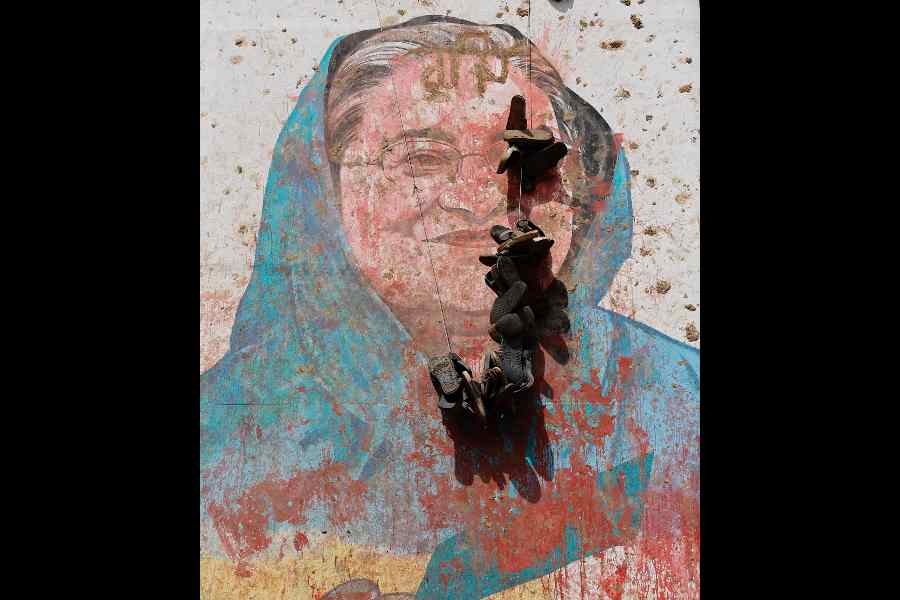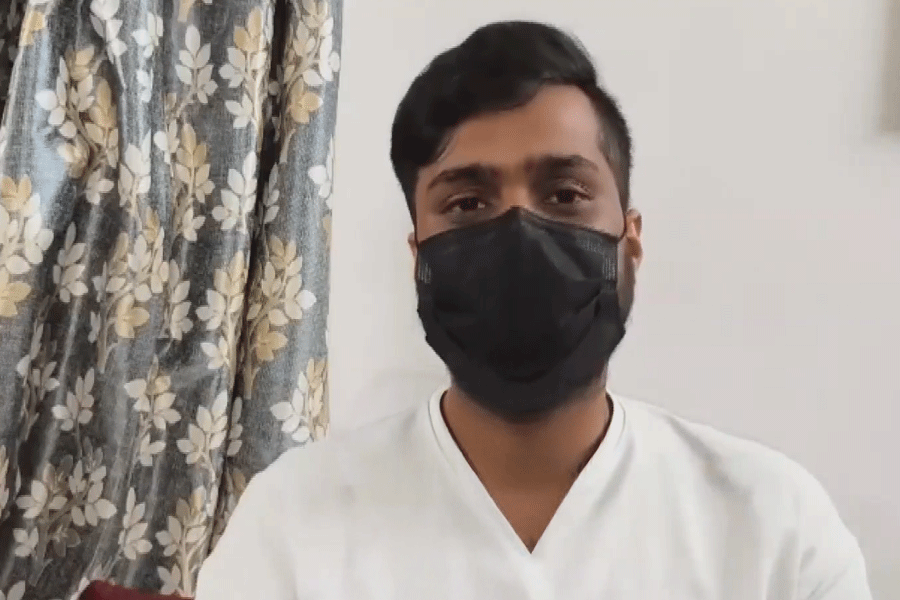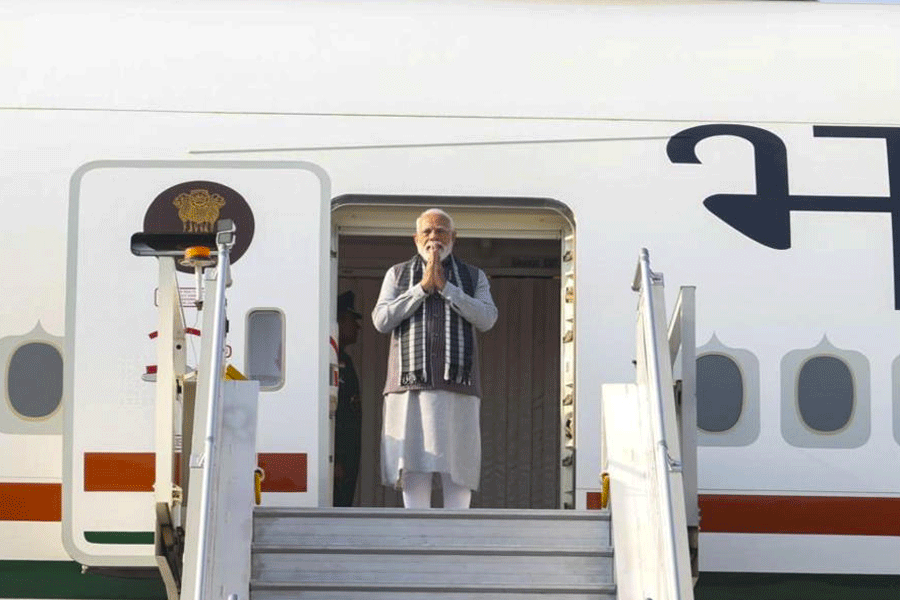The death sentence given to the former prime minister of Bangladesh, Sheikh Hasina, by that country’s International Crimes Tribunal marks a major moment in the nation’s attempts to hold to account a former regime that is widely viewed as having perpetrated human rights abuses. But the nature of the trial, the predictable verdict, and the current interim government’s response to it risk undermining a genuine desire for justice among large sections of the country’s population and threaten to further complicate the already tense relations between New Delhi and Dhaka. Ms Hasina was convicted on allegations that she was responsible for the killings of hundreds of students and other opponents who were protesting against her government last year. But she was prosecuted in absentia: she has been in exile in India since she was ousted from power in August 2024. Ms Hasina never had a strong legal defence team in place, and the tribunal’s verdict was entirely along expected lines. Regardless of the merit of the case against Ms Hasina, the actual proceedings came across as a show trial with a predetermined outcome. That is a disservice to those who suffered from excesses under her rule because it gives ammunition to those who seek to delegitimise allegations of abuse, killings and disappearances under Ms Hasina’s rule.
At the same time, the Bangladesh government’s response to the verdict is disappointing. The country’s foreign ministry expectedly sought Ms Hasina’s extradition from India. However, it also laid out a threat while making that request: Dhaka warned that it would view a refusal by New Delhi to extradite Ms Hasina immediately as an unfriendly act. New Delhi’s initial response has been measured. The ministry of external affairs underscored how India remains Bangladesh’s well-wisher, and that New Delhi is open to talks with Dhaka. Yet, Bangladeshi officials must surely know that if they really want India to hand over Ms Hasina, quiet, back-channel diplomacy, not bombastic public warnings, offers them their best — and perhaps only — chance. To those in New Delhi who view the interim government of the Nobel laureate, Muhammad Yunus, as insincere about bilateral relations, Dhaka’s response to the verdict would have only vindicated their fears. Making bilateral relations about one individual is a mistake. India and Bangladesh must find a way to work together and agree to disagree, if necessary, on Ms Hasina. The future of their relationship is predicted on their ability to do this.











